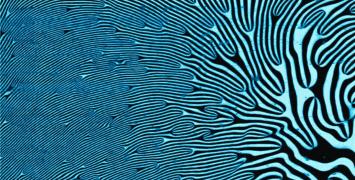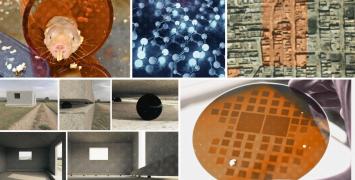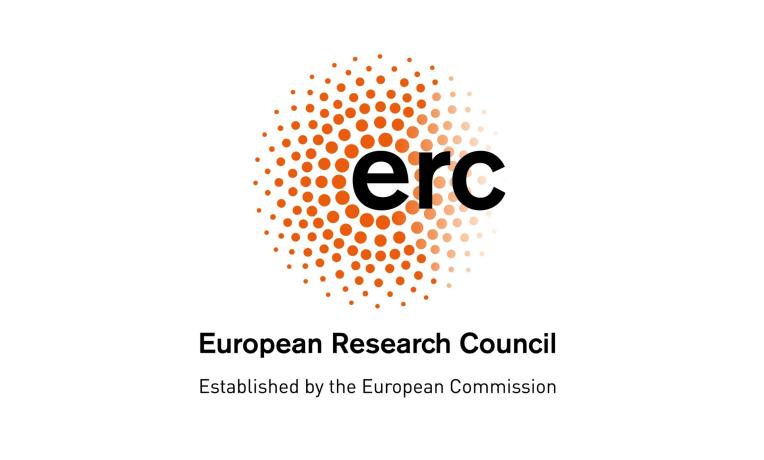

Paint for green economy
Buildings, especially the older ones, are responsible for a sizeable share of energy consumption and more than a third of CO2 emissions in the EU. ERC grantee Prof Dmitry Shchukin from the University of Liverpool may well have a solution that would save everyone huge costs of retrofitting: thermo-regulating paints. The addition of the energy nanocapsules able to store and release heat – an invention developed with the support of his ERC Consolidator Grant - will provide commercial paints thermo-regulating properties and may be critical for future green economy.
PoC Project: New thermo-regulating paints based on nanoencapsulation of phase-change materials (ENERPAINT)
Researcher: Prof Dmitry Shchukin
Host Institution: University of Liverpool, UK
Funding: € 149,893.00
CoG Project: Nanoencapsulation for Energy Storage and Controlled Release (ENERCAPSULE)
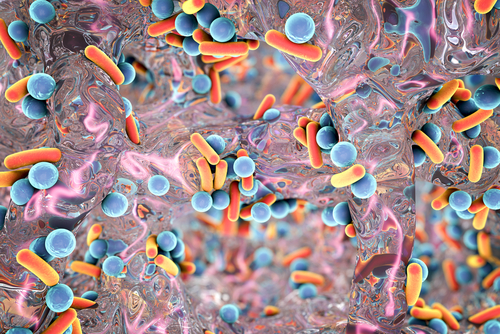
New weapons against drug-resistant microbes
Antibiotic resistance has become a major public health threat notably in Europe and the United States where resistant bacteria are directly responsible for tens of thousands deaths per year. ERC grantee Olivier Berteau from the French National Institute for Agricultural Research in Paris aims to develop innovative antibiotics to target drug-resistant microbes. The Proof of Concept project builds on the discoveries made in the course of his research on peptide synthesis and engineering that was supported with an ERC Consolidator Grant.
PoC Project: Towards a novel generation of antibiotics (D_Bug)
Researcher: Dr Olivier Berteau
Host Institution: National Institute for Agricultural Research, Paris
Funding: € 150,000.00
CoG Project: Novel radical chemistry for complex peptide synthesis and engineering (NoRaChem)
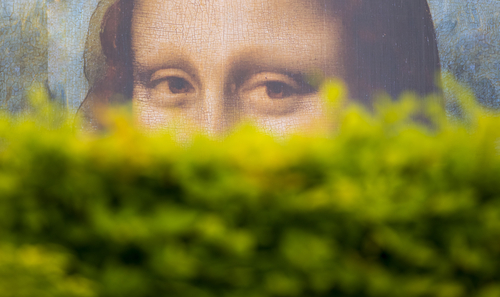
Protecting works of art with graphene
All works of art are prone to fading, yellowing and discolouration - results of exposure to ultra violet, visible light and oxidizing agents. Degradation leads to the irreversible changes in the appearance of artworks, and endangers our cultural heritage. ERC grantee Professor Constantine Galiotis from the Foundation for Research and Technology Hellas in Patras, Greece, aims to develop multi-functional graphene-based ‘veils’ and paints. They could provide UV shielding, de-acidification, oxygen and humidity barriers to protect artworks. Professor Galiotis's fundamental research, supported by an ERC Advanced Grant, improved the understanding of the mechanical properties of graphene membranes at large deformations.
PoC Project: Graphene as effective anti-fading agent for the protection of artworks (Graphenart)
Researcher: Prof Constantine Galiotis
Host Institution: Foundation for Research and Technology Hellas, Heraklion, Greece
Funding: €149,875.00
AdG project: Tailoring Graphene to Withstand Large Deformations (Tailor Graphene)

